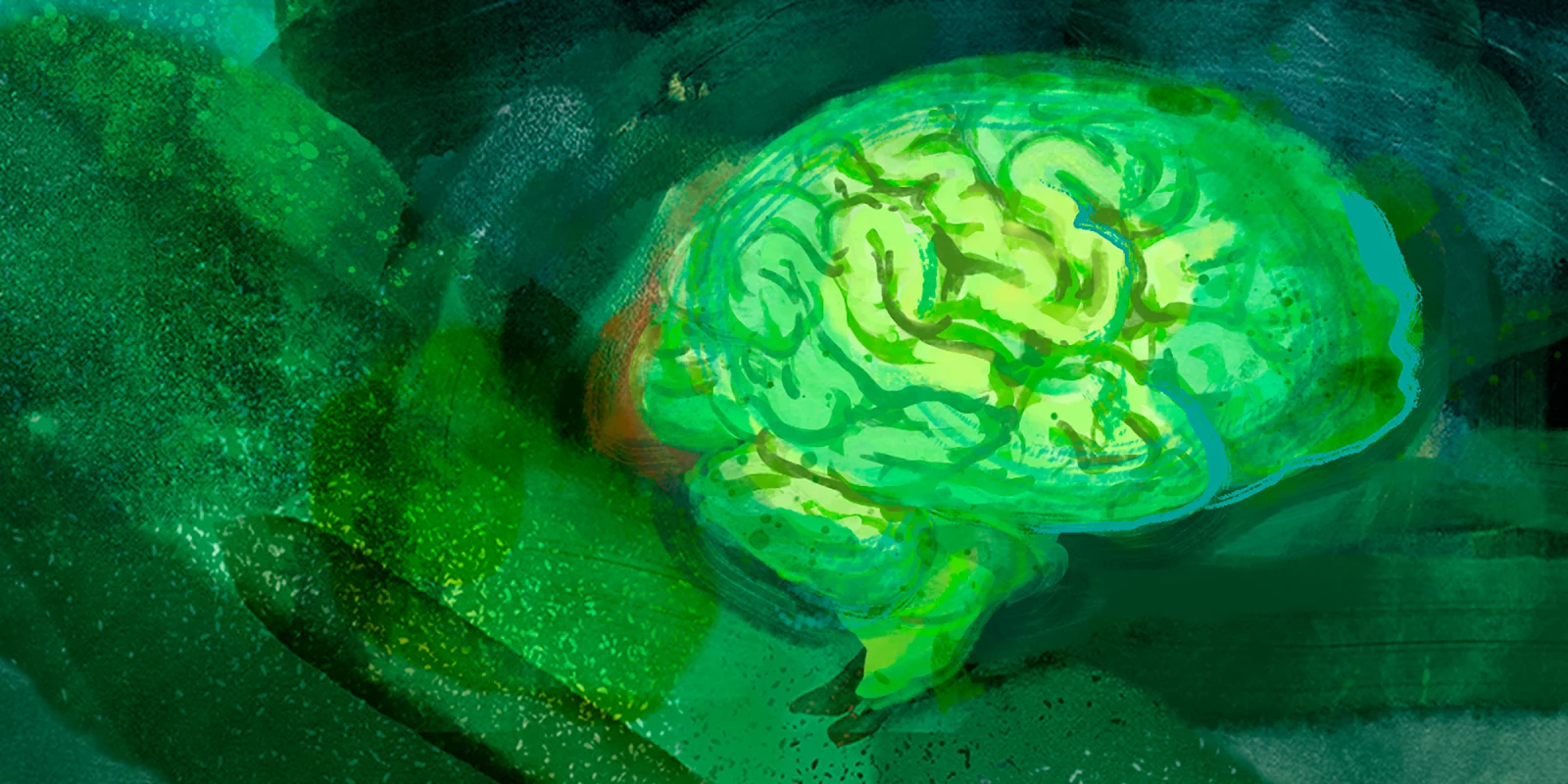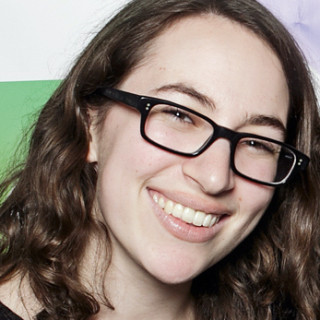From the plethora of best-selling books on micro- and macro-dosing, to apps designed to aid one’s “trip,” to the legalization and decriminalization of psilocybin (known colloquially as magic mushrooms) in states like Oregon and cities like Denver, Colorado, respectively, psychedelics have enjoyed a boom in recent decades. Today, clinical programs exist to treat a wide variety of mental health conditions and substance use disorders with psychedelic substances, ranging from the aforementioned psilocybin to ketamine to MDMA, just to name a few. When used in tandem with psychotherapy, research has shown these drugs to be safe and effective. And yet, psychedelics are still widely misunderstood and feared in our culture, owing in part to the lingering effects of the war on drugs and to problematic recreational use (think: “bad trips”). What, then, do doctors who study psychedelics today say about them, and what do they think the future of psychedelic-assisted psychotherapy will look like?
According to psychiatrists across the U.S., interest in psychedelics from both would-be patients and clinicians is high. Dr. Keith Heinzerling, an addiction medicine specialist and director of the Treatment & Research In Psychedelics (TRIP) program at the Pacific Neuroscience Institute in California, noted that a pilot study at TRIP on psilocybin-assisted therapy for patients with alcohol use disorder has been “going great –– we’ve had an overwhelming response. There are 350 people on the waiting list.”
Similarly, Dr. Michael Mithoefer, a psychiatrist and senior medical director at Multidisciplinary Association for Psychedelic Studies (MAPS) in North Carolina, said that the association, which uses MDMA to treat PTSD and has a section for investigator-initiated trials, has received “over a hundred proposals.”
What exactly makes this alternative form of treatment so appealing? Dr. Natalie Gukasyan, a psychiatrist and center medical director at the Johns Hopkins Center for Psychedelic and Consciousness Research in Maryland who studies the effects of psilocybin on a number of mental health conditions, put it thusly: “Unlike traditional therapies which can require daily medication use or prolonged psychotherapy, classic psychedelics seem to be able to produce clinically meaningful results after just one or two doses. … [especially in the context of] major depressive disorder, alcohol use disorder, and tobacco use disorder.”
How much psychedelics help, however, may depend on the conditions being studied. For treatment-resistant depression, for example, the results are impressive: A 2014 review found that ketamine had rapid antidepressant effects across most studies. For anxiety, the results are more mixed: Across 20 studies using psychedelics from 1940-2000, a review found that only 65% of cases showed reduction in symptoms. Additionally, Dr. Gukasyan noted, samples in psychedelic clinical trials “tend to be predominantly white and well educated,” which has raised questions about “whether the findings would extend to people of color and other underrepresented groups.”
Despite these limitations, researchers stress that psychedelics show significant promise, due in part to the precision medicine aspect of this treatment. “Psychedelic therapy is not targeted to symptoms –– it’s targeted to the person,” Dr. Heinzerling said. “The principle of psychedelic-assisted therapy is that the psychedelic part may be important/useful for the patient, and the purpose of the therapy is to harness that and use it in a therapeutic way. We want to create an environment where the patient is most likely to have a meaningful subjective experience.”
Today, that experience is achieved via the presence of trained facilitators, typically credentialed psychiatrists, who offer patients support prior to, during, and after drug administration. Clinicians agree that psychological support is an integral component of the psychedelic treatment model. “A supportive setting and the mindset of the participant and the therapists is of [the] utmost importance,” said Dr. Mithoefer.
Indeed, research has shown that psychedelics administered without psychological support and/or a supportive environment may not be as effective, or could even be detrimental. This is because of the destabilizing nature of psychedelics themselves. Regarding MDMA for PTSD, Dr. Mithoefer said, “Unlike some psychiatric medicines that are aimed at suppressing symptoms directly, this is aimed at getting at the root cause of the symptoms. So in the process, the symptoms could even become more pronounced. If you understand that and have proper support, it can be very valuable, but if you don’t, it could be a safety concern.”
In addition, as with any pharmacological treatment, there are medical issues to contend with. According to Dr. Gukasyan, “There is a risk of precipitating mania or psychosis in vulnerable individuals. Those with a history of certain cardiovascular conditions may be at risk of adverse events. Other significant post-acute adverse events like hallucinogen persisting perceptual disorder are not well understood.”
And yet, clinicians are highly attuned to these psychological and medical concerns. Dr. Mithoefer meets multiple times per week with the MAPS safety committee, and explained that the association does “very careful medical screening with lab work and blood tests.” Further, the enrollment criteria for psychedelic trials in general are highly selective; individuals with certain mental health conditions like schizophrenia are typically screened out, with the understanding that, per Dr. Mithoefer, these protocols are relatively short and “so intense” that participants need to be “stable enough to tolerate” them.
In addition, research has shown that the “harm potential of classic psychedelics like psilocybin,” per Dr. Gukasyan, as well as other psychedelic drugs, is actually quite low, which may mean that the most pressing safety concerns are not necessarily what happens during these trials, but what can happen outside of them, in unregulated environments like retreats or underground therapy sessions. Dr. Heinzerling noted that patients in his pilot studies have all “had a hunger for more,” and that “that’s a concern: people taking drugs afterward. We tell everyone we don't condone using psychedelics outside of a supervised clinical setting. But people do it and live to talk about it. They go to other countries and do those retreats. I think that’s a major downside.”
The rise in retreats, coupled with the ubiquity of psychedelics in popular and literary culture, signifies a growing demand for access to these medicines –– and a reason to conduct as many trials as possible in order to provide that access in a safe and equitable manner. Currently, Dr. Gukasyan said, “funding is still somewhat hard to come by from the usual sources like the NIH” and centers have had to rely on “philanthropic donations” instead. This means that, according to Dr. Heinzerling, “the longer we keep the barriers up, the more people are going to do things that are less than optimal because they’re desperate for help and they’re going to people who don't have the expertise.”
However, there is hope: The legalization of psilocybin clinics in Oregon is a promising step for these clinicians, and all three anticipate that, as Dr. Gukasyan put it, “These therapies will become a part of standard clinical practice if phase 3 studies show positive results.” Summing up the state of the field, Dr. Heinzerling offered: “There’s still methodological challenges re: placebo, people becoming blinded, medicine versus accompanying therapy. Having said that, it’s striking –– the effect sizes are moderate to large, which you don’t typically see. These are eye-catching effect sizes.”
As for what the critics might say about the credibility or danger of psychedelic-assisted therapy, Dr. Mithoefer refuted them in a single sentence: “I show them our impressive data about safety and efficacy.”
What are your thoughts on using psychedelics in medicine? Share your clinical experiences in the comments below.
Dr. Gukasyan is a co-investigator on a study of psilocybin for major depressive disorder sponsored by Usona Institute, a non-profit organization. She has also received salary support from philanthropic contributions from the Steven and Alexandra Cohen Foundation. Dr. Heinzerling has received grants from the Usona Institute for study medication and is a site principal investigator for a Usona multisite trial. Dr. Mithoefer receives consulting fees as a contractor for MAPS Public Benefit Corp. He is also on the Clinical Advisory Board of Awakn Life Sciences, for which he receives stock.
Illustration by Jennifer Bogartz






